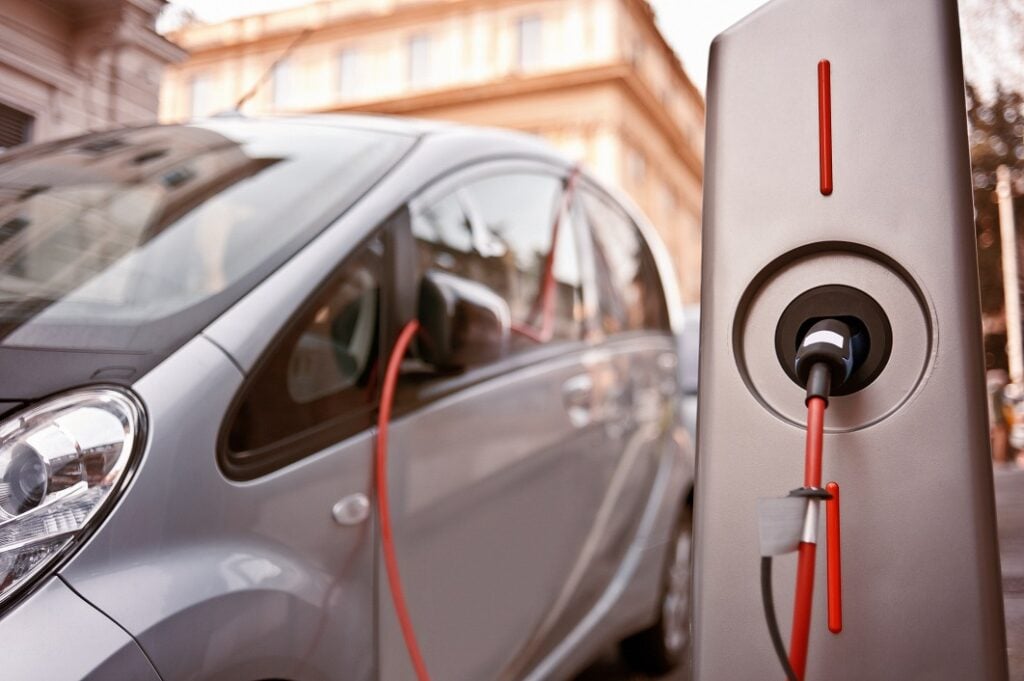In April 2022, 11,685 battery electric vehicles (BEVs) were sold according to figures from New AutoMotive.
This is equivalent to a 10.77% market share, and a rise on the 8,809 (6.6% share) sold in April 2021.
While it is a drop on the number of BEVs sold in March 2022, when there were more BEVs sold than in the entirety of 2019, March is usually a month of very high vehicle sales, with around 20% of total annual registrations usually recorded due to it being a new number plate month.
During April 2022, petrol registrations also fell to 58,400, down from 77,500 in April 2021, while there were 10,300 diesel cars purchased compared to 18,874 in April 2021.
BEVs have had consistently higher sales than diesel for a number of months, though in previous months the gap between them has been larger.
In January, for instance, there were 14,433 BEV sales compared to 6,008 diesel sales, according to figures from the Society of Motor Manufacturers and Traders.
New AutoMotive’s data also showed that the Peterborough DVLA area, which includes Cambridgeshire, was the leader in EV registrations for the fourth month in a row with 40% of all sales in the region being electric.
Maidstone, which includes all of Kent, was second with 38%, while Oxfordshire came in third place (32%).
Ben Nelmes, co-founder and head of policy at New AutoMotive, said: “While this steady growth is welcome, the UK needs to go faster.
“Ministers should use every tool in the box to support those who are most dependent on their cars and drive the most miles to be first in line to get an electric car – that is how we’ll end our reliance on Russian diesel, help those hit hardest by rising fuel prices and meet our net zero targets.”





